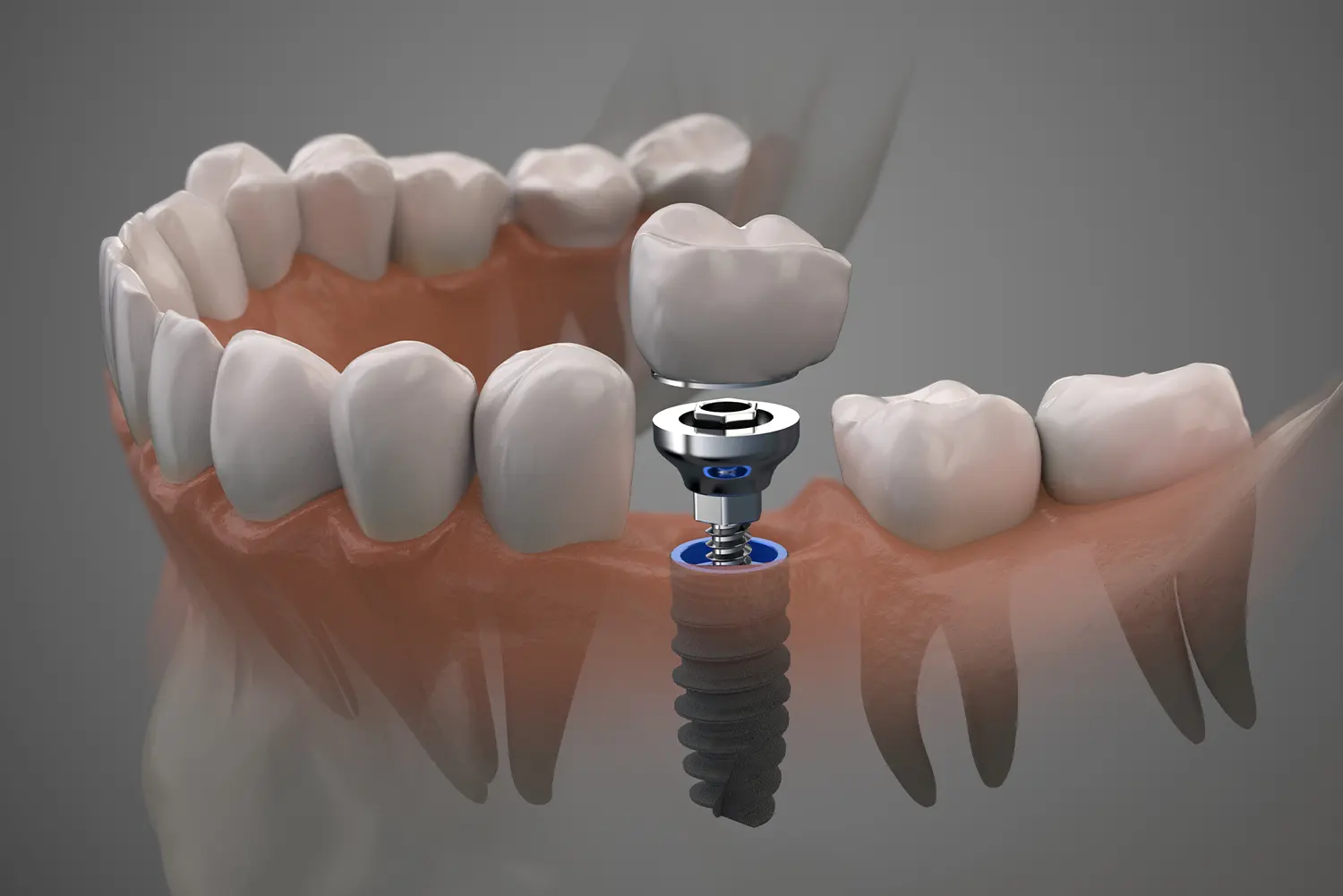

Dental implants are a revolutionary solution for replacing missing teeth, offering a durable and natural-looking alternative to traditional dentures. However, like any other medical procedure, dental implants can occasionally encounter complications.
Recognizing the signs of dental implant failure early can make a significant difference in treatment outcomes. In this blog, we will explore the common indicators that your dental implant may not be functioning as intended and what steps you should take if you suspect an issue.
While dental implants boast a high success rate, it's crucial to be aware of the symptoms that might indicate a problem. Some common signs include:
Understanding the underlying causes of dental implant failure can help in prevention and timely intervention. Some of the primary causes include:
Ensuring the longevity of your dental implants involves proactive care and regular check-ups. Here are some tips to maintain your implants:
If you suspect your dental implant is failing, it's crucial to consult with a dental professional promptly. Treatment options may vary depending on the underlying cause:
If you're experiencing any signs of dental implant failure or have concerns about your oral health, don't hesitate to reach out to Dr. Aaron T. Ward Periodontics and Dental Implants. Our team is dedicated to providing personalized care and effective solutions to maintain your smile's health and beauty. Contact us today at (801) 394-6651 to schedule an appointment in South Ogden, UT, and take the first step towards optimal oral health.

